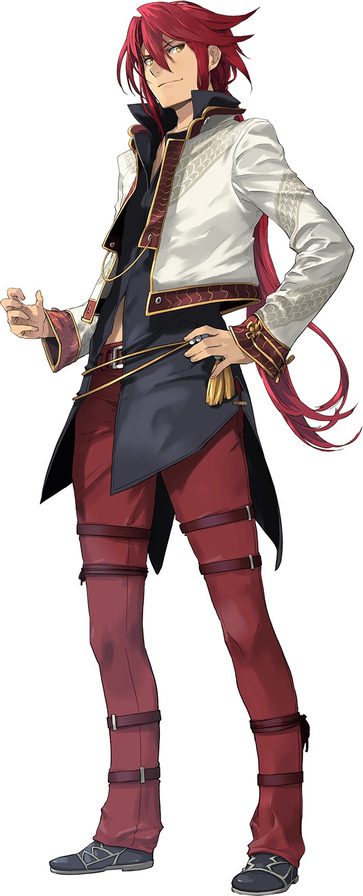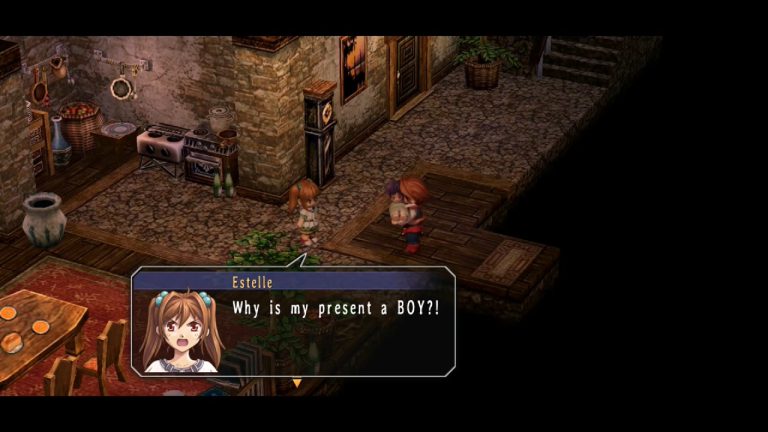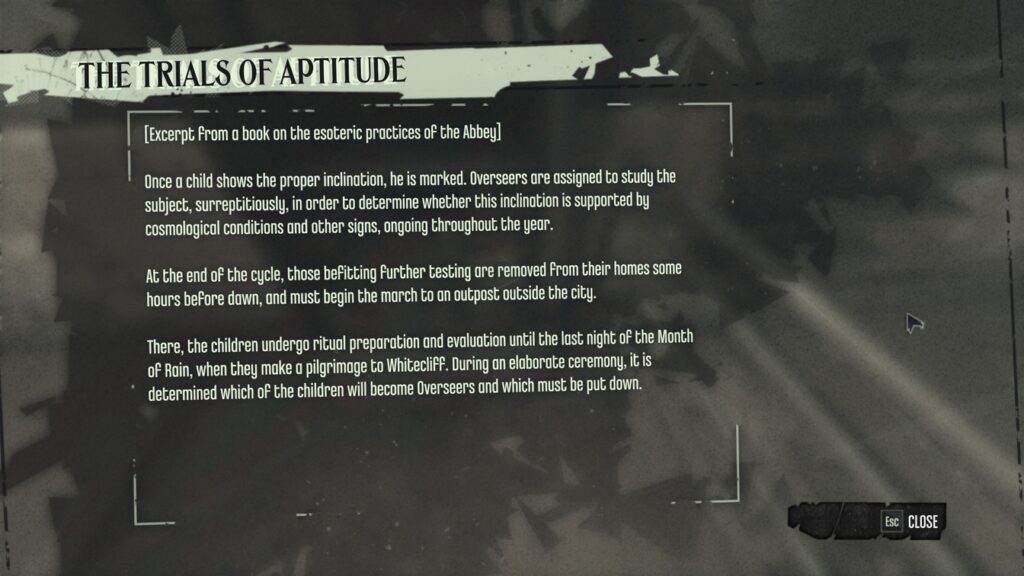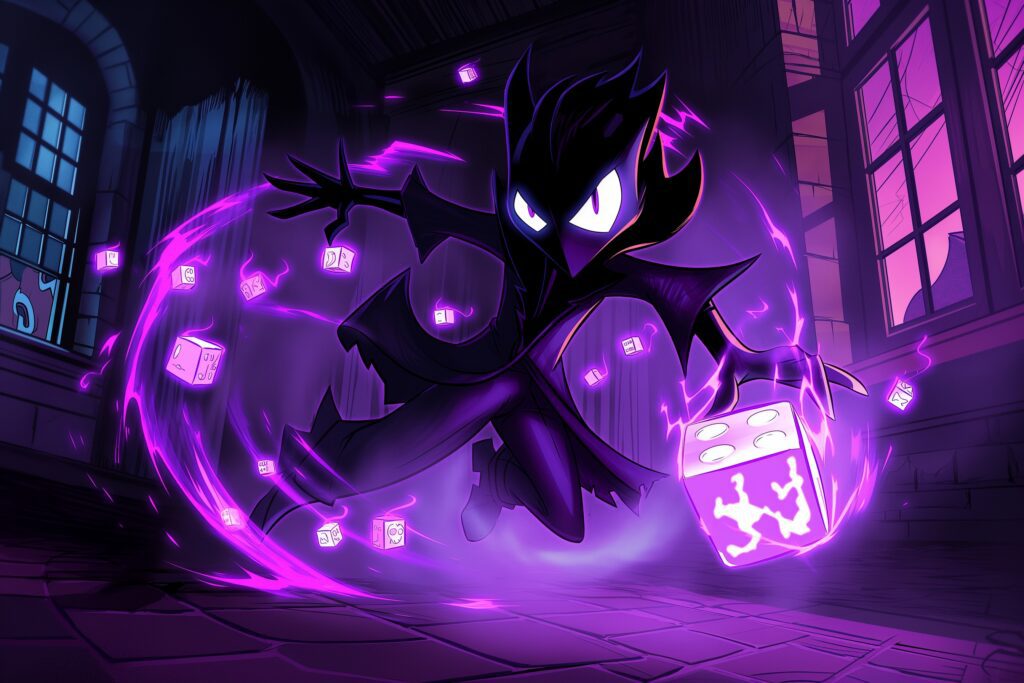5 Tips on Writing: With Stephen Adegun
My name is Stephen. I’m an aspiring game writer who’s been working on a number of personal projects since graduating from the Rochester Institute of Technology at the end of 2022 as I look for work.
I’ve been writing for most of my life, and playing video games for even longer. At this point I’ve written hundreds of thousands of words over the years, honing my craft, and currently have a novel in the works. My love for storytelling and video games is what ultimately led me to try and combine the two into a career.
Hooking Your Audience

Hooking one’s audience is incredibly important, for obvious reasons. It doesn’t matter how good the rest of a story is if someone doesn’t get past the first five percent of it. A useful tool to employ to this end, I’d say, is to ask a question. Make the people consuming your story want to go through it, whether that be playing, reading, or watching, in order to eventually uncover the answer to those initial questions.
Those questions can take on many forms. The Legend of Heroes: Trails in the Sky opens up with a little girl home alone, to be soon joined by her father, who’s returning from a work trip. For some reason, he’s brought a boy home “as a gift.” The boy is heavily wounded, and appears to be involved in something dangerous, ominously implying that the man will regret not leaving him for dead, for some reason. The scene is quiet and almost comforting, taking place in the simple house the family lives in. There is no action in the moment, but the questions presented still make the player want answers.
On the other end of the spectrum is the beginning of Dishonored, with the murder of the Empress of the Isles. Unlike Trails, the player is thrust into the action; the game’s combat tutorial takes place amidst the assassination itself. They wonder who the assassin is, why they’re doing it, where the princess is taken. Finding the answers to those crucial questions motivates the player.
Both approaches can work, depending on the story in question and what a writer is trying to achieve. As long as it’s some sort of question that piques the audience’s curiosity.
Mastering Plot Development
Regardless of the medium, and especially in some sort of collaborative medium like video games, it’s important to keep in mind that things change. Being ready to “kill one’s darlings,” as the saying goes. As a project grows, locations, story beats, or characters might evolve and change. They might need to be cut entirely, or be combined into some sort of amalgam, consolidating and condensing them. There are many ways that a story can be told, and how its writers can develop it, but no matter how someone goes about doing it, being willing to alter an idea for the good of the story is crucial.

Effective World-Building Strategies
Put simply: be detailed and deliberate.
As a writer, you should know an awful lot about your world. The more you know about it the better. Then, from the incredible wealth of knowledge you have about your setting, you can pick and choose what information to share with your audience that is most relevant to the plot and characters. Understanding the underlying rules and laws of your world can make the small things feel more thought out and immersive, even if those rules aren’t communicated.
A master surgeon might not be very good at creative writing, and a renowned film director might not know much of anything about sports. The audience should be experts in the field that most directly concerns the main narrative, but that doesn’t mean the world isn’t massive, with so much more to it than what they’re presented. Whether it be books, journal entries, newspapers, anything of the sort that makes the world seem like it exists independently of the story and main cast, rather than because of them.
Techniques for Character Development

Character development can take on many forms, both large and small, and both can be impactful in their own ways.
I’ll use Aaron Wei from the recently released Trails Through Daybreak as an example.
When he’s introduced, there’s a large focus on him working incredibly hard to prove himself, refusing to rely on help from people outside of his inner circle. He clashes with the main protagonist a number of times, referring to him derisively as an “outsider,” and there’s certainly some sort of animosity between the two. After his friends are murdered, and his attempt to seek revenge alone fails, he finally brings himself to ask for help from that same outsider because he’s accepted that he can’t shoulder the monumental task he’s taken on all by his lonesome.
A much more subtle, though still impressive, sort of character development for that same character is never directly addressed by the game. He uses nicknames for the rest of the party that aren’t the kindest. The hero, only a handful of years older than him, is treated as if he’s a senior citizen on death’s door. He calls the youngest of the party “pipsqueak” and “small fry.” In battle the party will call out to each other, so the player hears that often. So when those same callouts suddenly have him calling them by their names, it’s noticeable. It exemplifies that he’s grown closer to the rest of the party as time has passed and he’s lived and worked with them, all without the game needing to draw attention to it in any sort of cutscene, required or optional.
Crafting Meaningful Decisions

In an ideal world, games would have infinite time and funding to allow for myriad choices the player can make that will have reverberations throughout the story and game world to be included. However, since that is not the case, I’d say that quality should trump quantity. Fewer choices such that they can minimize the impact on the overall development schedule of a game would be better than many that are largely pointless, or some that will bog down and delay the game’s eventual release.
A middle ground to the two approaches, however, could be to focus on having choices have small impacts on the world, to still allow for some player agency, while minimizing the time and effort that would have to be put into implementing those changes. Give a side quest two different outcomes that might determine whether or not a certain NPC is present, or change up the inventory of a store, or give the player some additional text in the main story that simply wouldn’t play otherwise. Small things that acknowledge the choices the player made without requiring too many resources.
What are your strengths in writing and narrative design?
My biggest strengths, and some of the things I’m most interested in, are lore development and world building. I enjoy figuring out the inner details of a world, how it came to be, and what’s going on in the present day. I feel like a well realized, fleshed out world can greatly enhance one’s investment in something and the joy they get out of it.
Exploring Favorites

Previously mentioned in my tips, I’d probably have to say that Trails in the Sky is one of my favorite stories.
It’s the first game in the ongoing Trails series, which Trails Through Daybreak, which was also mentioned, is the latest localized entry of. While I played it relatively recently in life, the game and its approach to its worldbuilding and its characters left an impact on me. The game, and the series that it spawned have, in a way, spoiled JRPGs, and many other games, for me, because of how rare it is to see the depth it puts into its world and the inhabitants of said world.
Which games or stories have you worked on?
A Wish for Interactive Audio Stories
Pokémon is a long and storied franchise. Even though it’s older than I am, however, there isn’t much that the franchise does to explore its world, at least in the games. They all hyperfixate on the competitive battling scene. Spin offs show a bit more of the world of Pokémon, but if I could wish any sort of interactive audio story into existence, it would probably be about a Pokémon everyman. Something to shed light on this world that’s touched countless people the world over. How does living in the world impact their office job? If you’re not a teacher at a trainer school, how do you navigate all of your students gushing about them and how they want to leave home to see the world one day? Does anyone else wonder how Pokémon Centers get their funding?
Register for our Free Writing Workshop now!
If you are interested in creating your own interactive audio story, you can apply for our free webinar! It will introduce you to our interactive story game engine, TWIST, and teach you how to use it to create interactive audio stories.
Interested in contributing to our blog series?
If you would also like to publish a blog post on our website and share your own story with interested readers, simply fill out the contact form.





